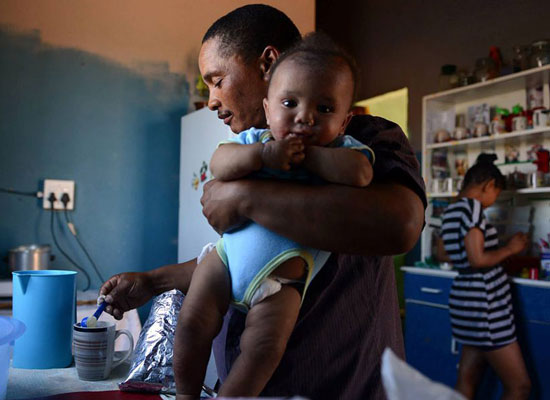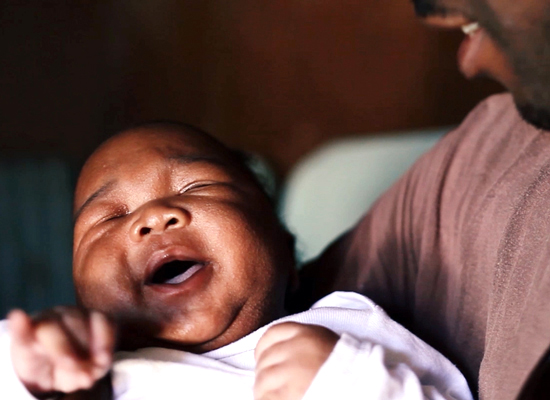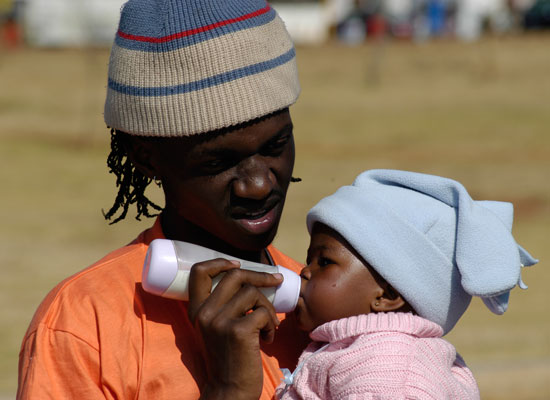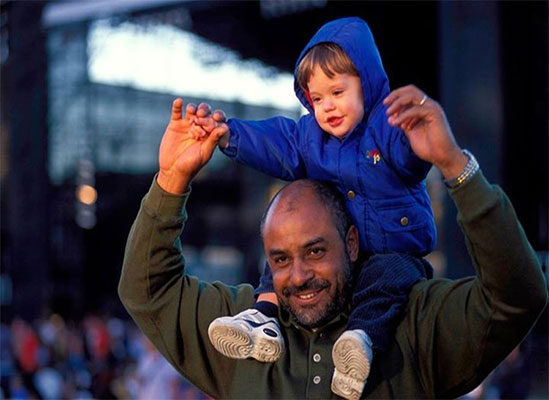
In 2011 Douglas Newman-Valentine, a 28-year-old nursing lecturer, and his husband, Marlow, adopted a baby girl — and, as is usual for any new parent, needed to take time off work to care for her. Douglas’s employer, the University of Cape Town (UCT), took the progressive step of offering him four months’ paid paternity leave. …

South Africa’s Portfolio Committee of Labour heard oral submissions from MenCare global co-coordinator Sonke Gender Justice, MenCare partner Mosaic, and others on the Labour Laws Amendment Bill on September 22, 2016 at Parliamentary Precinct, Cape Town. The Labour Laws Amendment Bill proposes that fathers receive 10 days of paternity leave at the birth of their child and suggests provisions …

As a result of the high rate of absent fatherhood in South Africa, women are bearing the burden of raising children, and children are growing up without the positive influence of a second caregiver. This is one of the reasons why MenCare partner and global co-coordinator Sonke Gender Justice is working to get fathers in South Africa more involved. …

In May 2016, the Swedish Embassy in Kampala organized the photo competition “Ugandan Dads” to highlight caring male role models, and to spark a discussion on gender equality more broadly. The photos portray fathers with their children and men who are actively engaged in household work. The Embassy received over 150 contributions from the Ugandan …

Globally, there continues to be tension between the home and the workplace, and parents – especially those with young children – must grapple with difficult decisions when balancing employment and family. Particularly in South Africa, sociocultural norms play an important role in shaping family structures and attitudes towards fatherhood and male involvement. …

The recently released 2015 General Household Survey revealed a mixed bag for our children. There was a commendable increase in the number of five-year-olds enrolled in school, but at home the picture isn’t so rosy. According to the survey, 63% of fathers do not live at home with their biological children. This number has remained more or less the same for the past decade. The fact is that there is a massive gap in father’s presence in children’s lives. …






